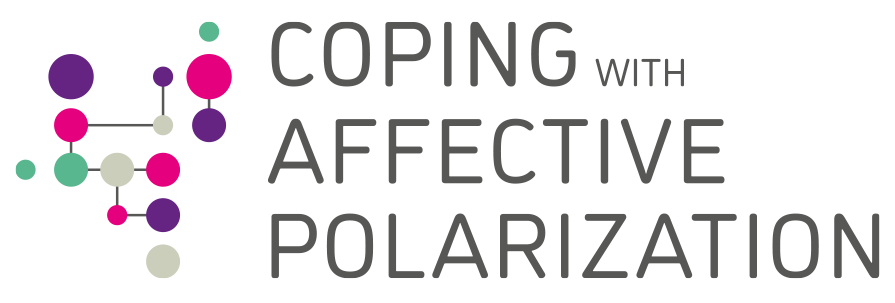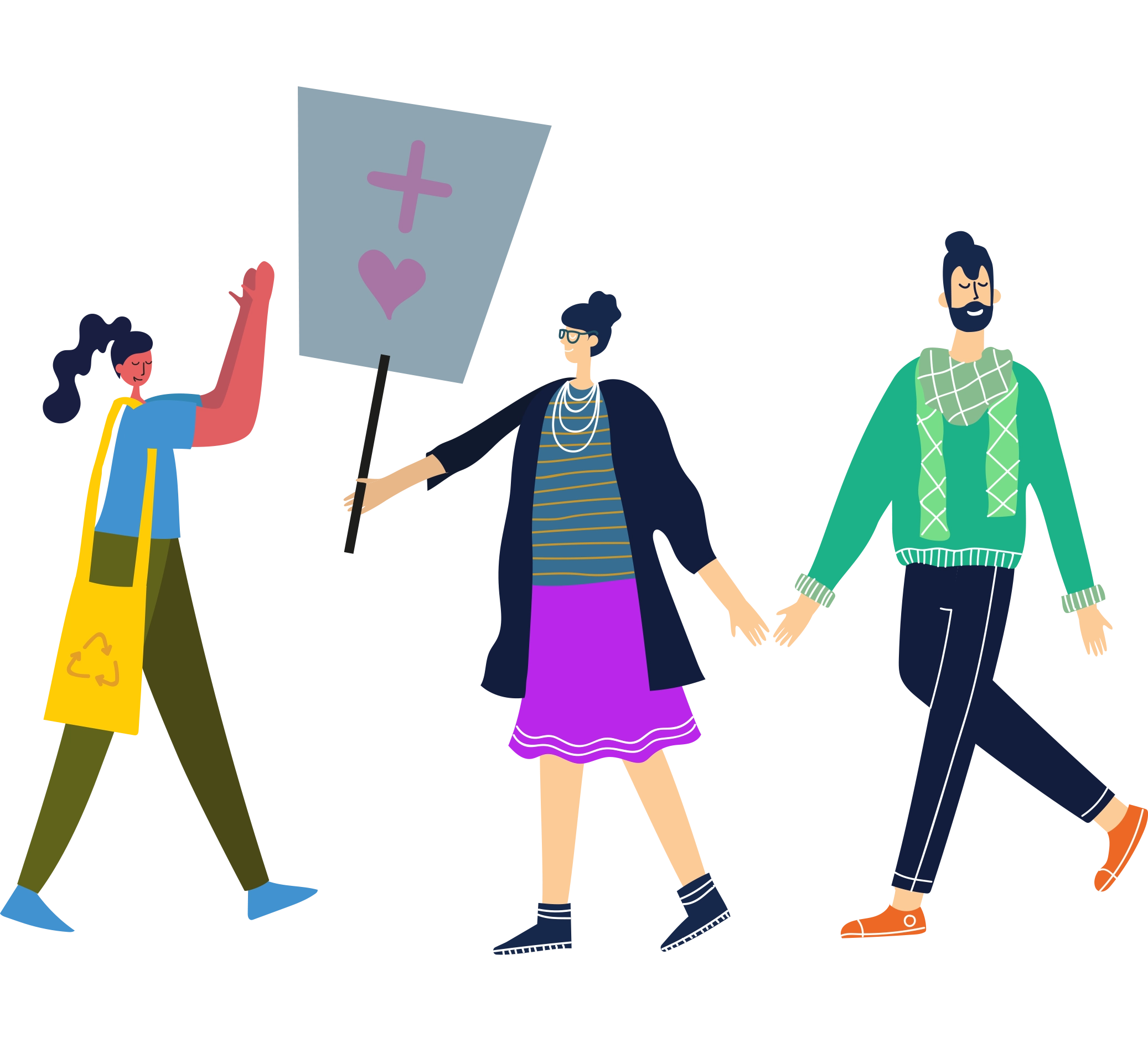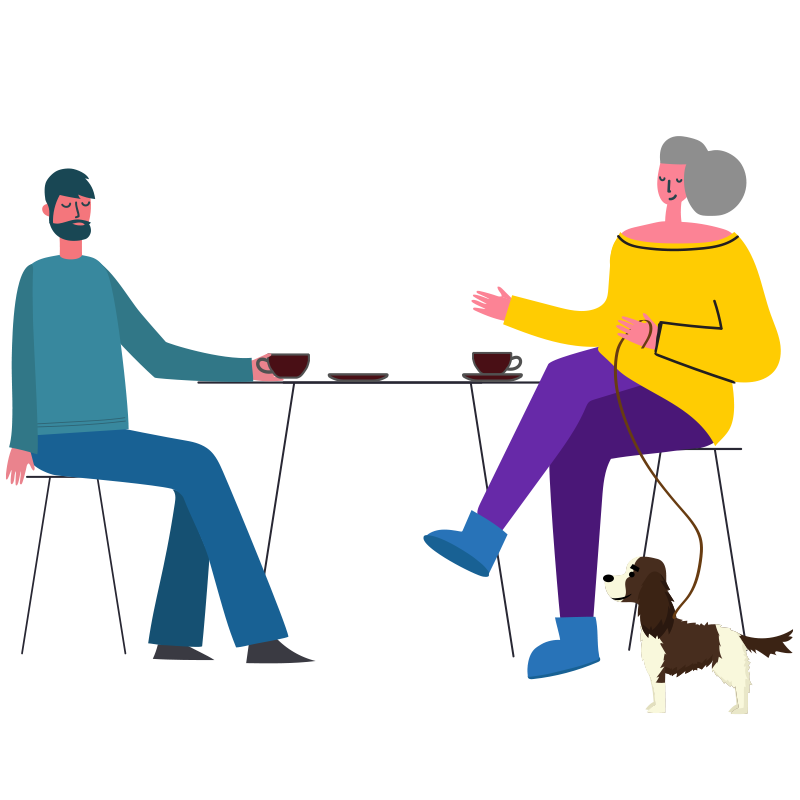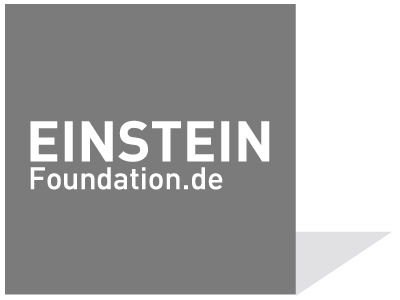Einstein Research Unit
Affective Polarization
How Civil Society Fosters
Social Cohesion
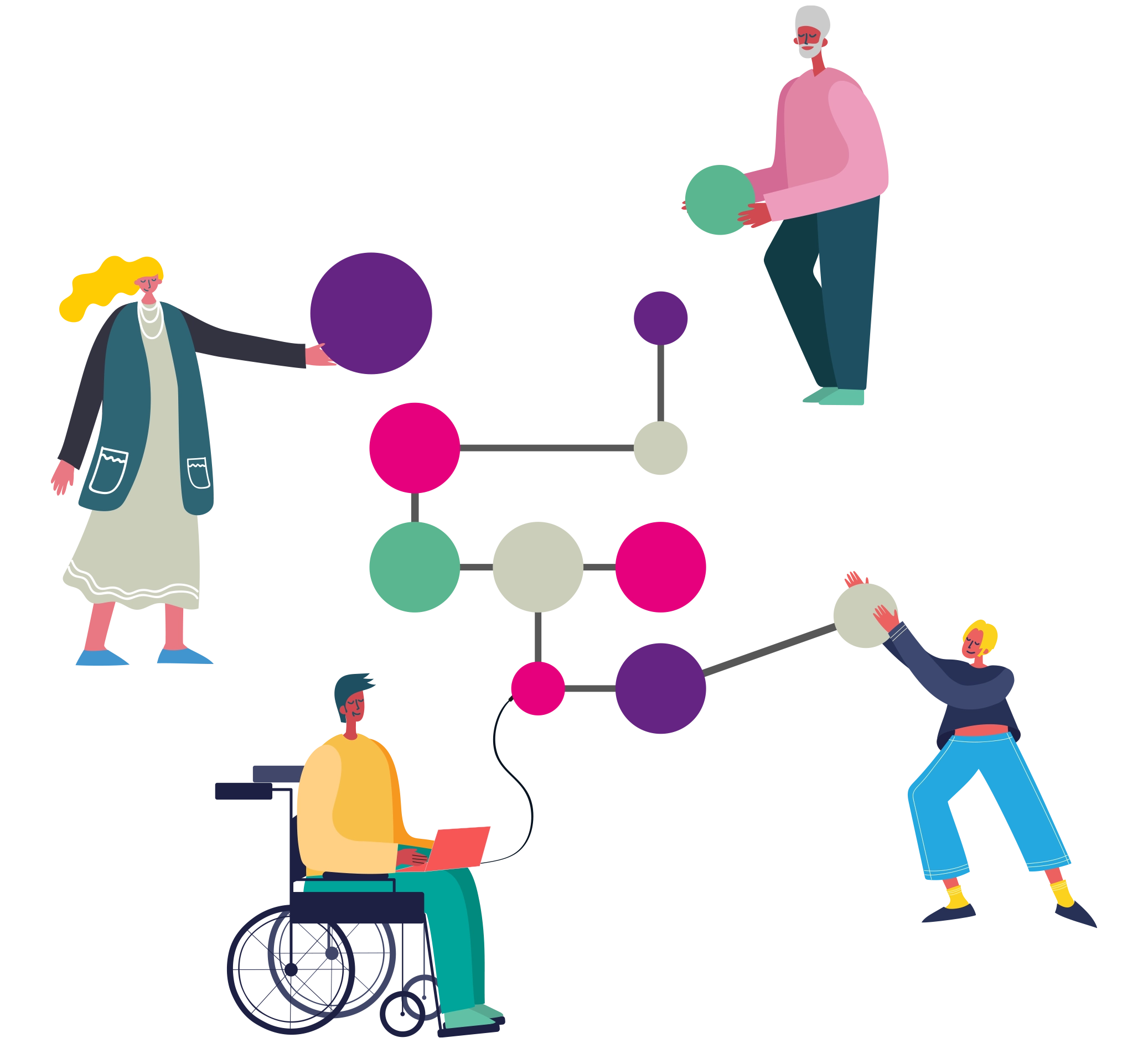
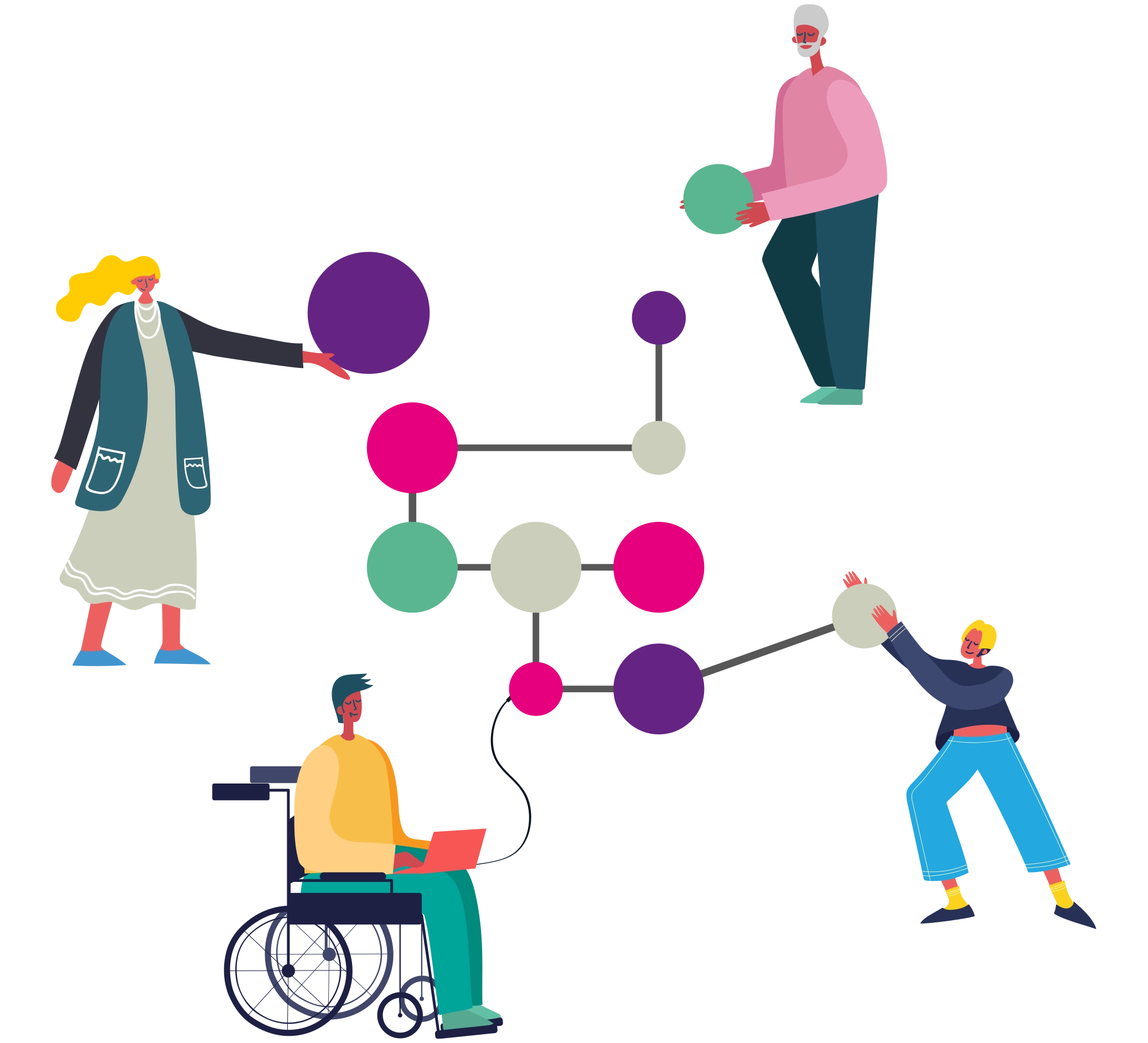
Einstein Research Unit
Affective Polarization
How Civil Society Fosters Social Cohesion
How Civil Society Fosters Social Cohesion
The Einstein Research Unit “Coping with Affective Polarization – How Civil Society Fosters Social Cohesion” is an interdisciplinary research initiative based in Berlin. Research teams from Humboldt-Universität zu Berlin, Freie Universität Berlin, and Charité – Universitätsmedizin Berlin investigate the dynamics of affective polarization and strategies to mitigate its negative consequences.
Through empirical research and close collaboration with civil society organizations, we explore the mechanisms driving affective polarization and develop targeted interventions to empower individuals, social groups, and activist organizations to navigate polarized environments. A key focus is understanding how civil society can foster social cohesion and promote constructive engagement across political and social divides.
By bridging academic knowledge with real-world applications, our Einstein Research Unit aims to contribute to a more cohesive and resilient society.
In our Einstein Research Unit, we work in five interconnected research streams. Click on the boxes below or visit “Research” for a full overview.
Interventions Lab
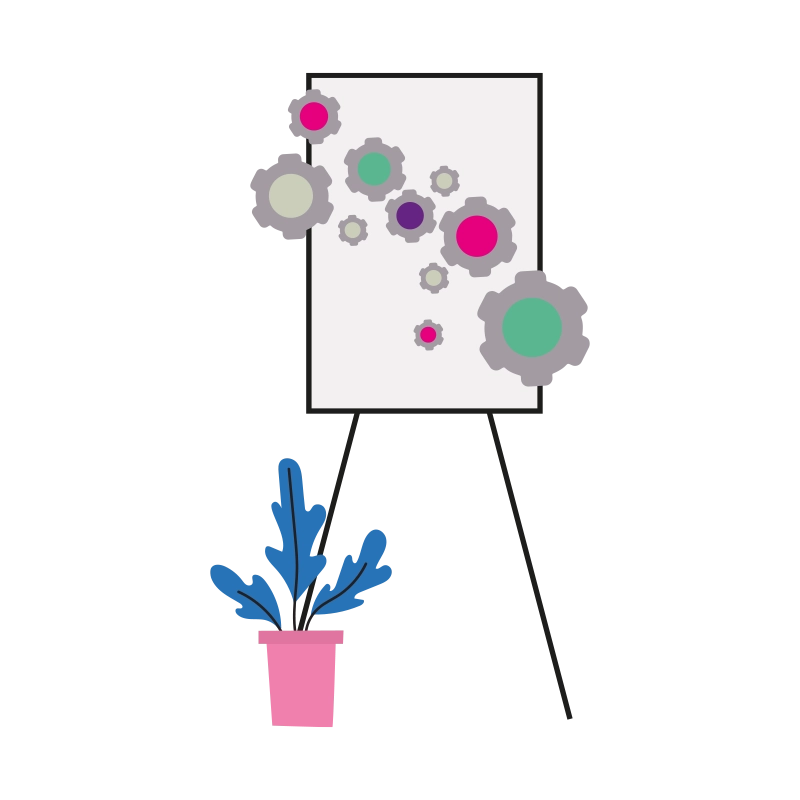
In our Interventions Lab, we position civil society as a key actor in mobilizing social cohesion to cope with the negative effects of affective polarization. By collaborating closely with civil society organizations and drawing on insights from our research, we develop effective intervention strategies.
Research Stream
“Individuals”

The main aim of the “Individuals” Research Stream is to explore how individual differences shape the ways in which people are impacted by affective polarization and to identify strategies that individuals employ to cope with the negative consequences of affective polarization.
In our Einstein Research Unit, we work in five interconnected research streams. Click on the boxes below or visit “Research” for a full overview.
Interventions Lab

In our Interventions Lab,
we position civil society as a key actor in mobilizing social cohesion to cope with the negative effects of affective polarization.
By collaborating closely with
civil society organizations and drawing on insights from our research, we develop effective intervention strategies.
Research Stream
“Individuals”

The main aim of the “Individuals” Research Stream is to explore how individual differences shape the ways in which people are impacted by affective polarization and to identify strategies that individuals employ to cope with the negative consequences of affective polarization.

Sign up here to receive the latest updates on our research and public activities.
Our newsletter is sent out twice a year.
